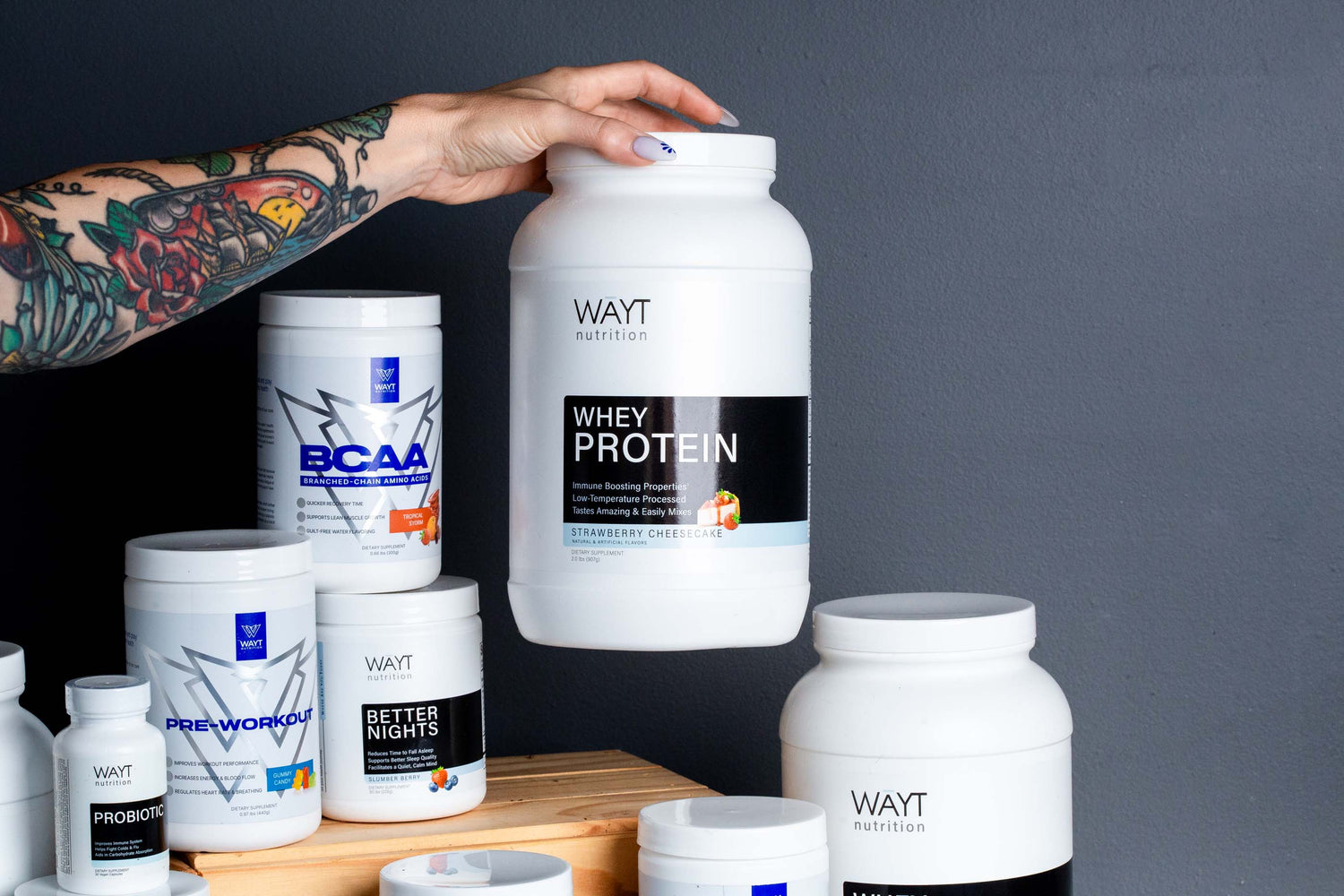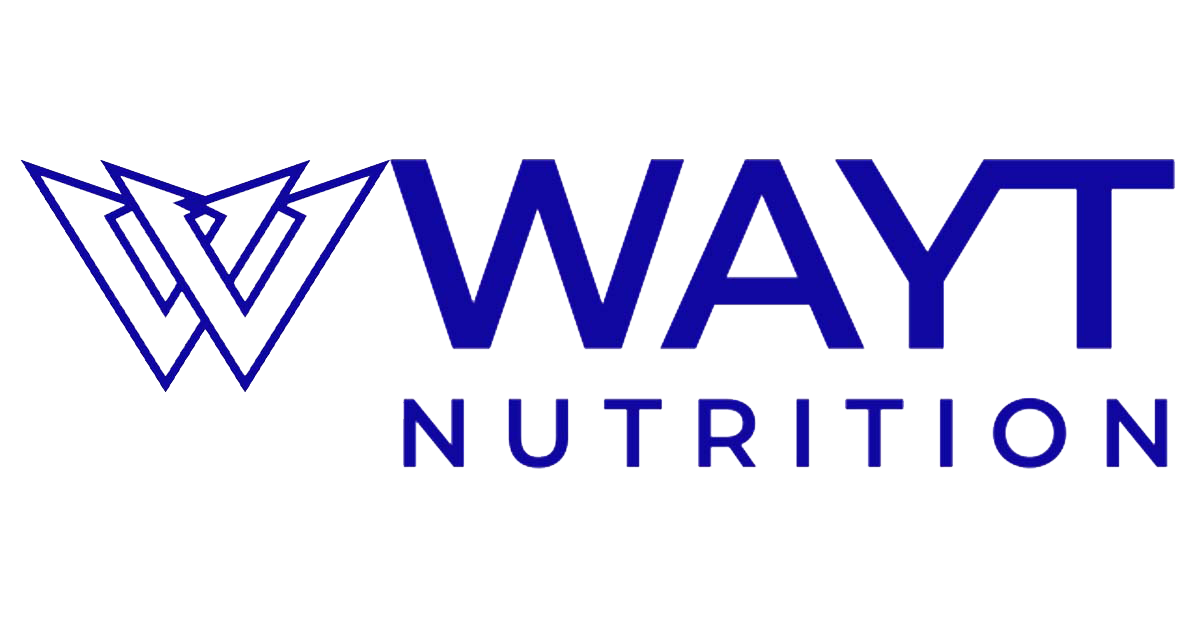Protein is crucial to our health and makes up the building blocks for our organs, muscles, and hormones. We need an ongoing supply of quality protein to help repair our tissue and take care of our health. Protein can also help with stubborn belly fat, increasing strength, and helping children grow.
But meat and nuts aren't the only way to get in a valuable serving of protein. Here are some of the best plant proteins to help optimize your health.
Broccoli
Broccoli packs in the protein and valuable amino acids at the same time. One cup of broccoli contains 2.5g of protein. Perhaps most impressive, 33% of broccoli's calories are derived from protein.
Along with rich protein, broccoli is a quality source of vitamins C and K, folate, and potassium. There's also evidence that broccoli helps bind bile acids when steamed and can reduce cholesterol levels in your blood.
Spinach
Spinach offers a nutritious and tasty serving of plant protein. Just one cup of raw spinach contains .7 g of protein. Protein accounts for 50% of spinach's calories.
Studies also show that spinach contains plant compounds that reduce inflammation. A study found that athletes who took spinach supplements for 14 days showed reduced oxidative stress and decreased muscle damage after running a half-marathon than those who consumed a placebo alternative.
 Plant Protein Powder
Plant Protein Powder
If you're concerned about getting in quality, organic greens, plant protein powder could help. Our Organic Greens is equivalent to a whole serving of vegetables.
It's an easy, tasty way to pack in more nutrients and boost your immunity. Organic greens are also known to help detoxify the body, support your immunity, decrease inflammation, and lower blood sugar.
Tofu
Tofu is a versatile plant protein that is cholesterol-free, low-sodium, and contains 14 g of protein per serving. Tofu also contains quality fats, fiber, and healthy carbs. You'll find tofu doesn't have a lot of flavor on its own but makes it easy to adapt to a wide variety of dishes.
Beyond the protein, tofu may reduce the risk of heart disease, osteoporosis and prevent certain cancers, including breast and prostate cancer.
Quinoa
Quinoa is technically considered a seed but is classified as a whole grain. It's a powerful source of plant protein and fiber. One cup of cooked quinoa contains 8 grams of protein.
One of the best parts of quinoa is how easy it is to incorporate other plant proteins and quality fats. Mix up with spinach, leafy greens, and avocados for a healthy meal.
Edamame
Edamame is popular in East Asian dishes that are often served after being blanched in saltwater. These soybeans boast 17 grams of protein per cup. Beyond finding edamame as an appetizer at sushi restaurants, it's also a fantastic snack or side dish. You can also add edamame to ramen to give a boost of plant protein to your lunch.
Lentils
The protein potential of lentils makes it the perfect addition to your next dinner. Pair with broccoli, leafy greens, or brown rice to boost your protein intake as if you were consuming meat. One cup of lentils is equal to 18 grams of protein, and that only increases as you add more greens.
 Pair Plant Protein with Supplements
Pair Plant Protein with Supplements
Organic green supplements aren't the only way to pack in the protein. Whey, a by-product of milk, also increases your protein intake. Why is the watery portion of milk seen separating from cuds when making cheese. Try our Whey Protein supplement to give your nutrition a powerful punch.
Ready to Take Control of Your Health?
Ready to retake control of your health and empower yourself? Browse our selection of the best supplements here.

